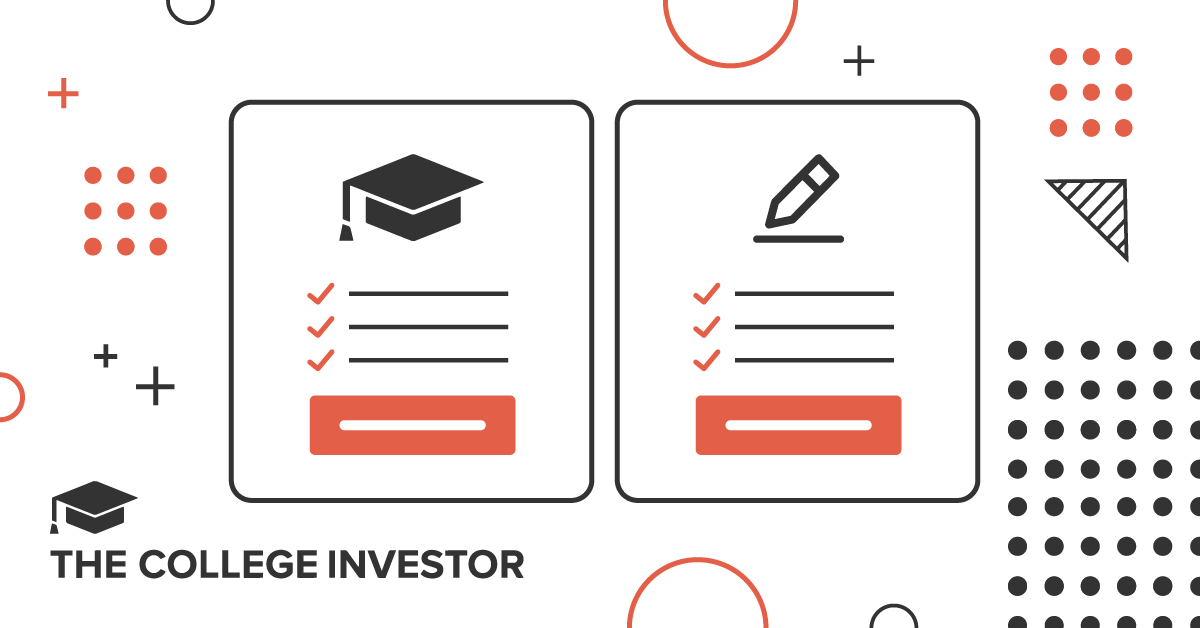Primary Borrower
Definition
The primary borrower is the individual who takes out a loan and is responsible for repaying it.
Detailed Explanation
The primary borrower is usually the student who applies for and receives the loan to pay for their education expenses. This person is legally obligated to repay the loan amount along with any accrued interest and fees according to the terms and conditions of the loan agreement.
The process involves applying for the loan, which may require a credit check and other financial assessments to determine eligibility and borrowing capacity. Once approved, the funds are typically disbursed directly to the educational institution to cover tuition, fees, and other authorized expenses, with any excess funds given to the student for additional educational costs.
Repayment responsibilities begin as outlined in the loan terms, which may include grace periods or deferment options for students still in school or experiencing financial hardship.
Example
Alex is attending college and needs financial assistance to cover tuition. Alex applies for a student loan, is approved, and becomes the primary borrower. Alex is now responsible for repaying this loan after graduation.
Key Articles Related To Primary Borrower
Related Terms
Co-signer: An individual who agrees to repay the loan if the primary borrower is unable to, often required for borrowers with limited credit history.
Interest Rate: The percentage of the loan amount charged by the lender for borrowing, added to the loan balance over time.
Deferment: A temporary suspension of loan payments allowed under certain conditions, such as enrollment in school or economic hardship.
Default: Failure to repay the loan according to the terms, leading to legal and financial consequences.
Frequently Asked Questions
Can someone else take over as the primary borrower on my student loan?
Typically, the primary borrower cannot transfer responsibility for the loan to another individual, but refinancing options may allow for a new loan under different terms.
What happens if the primary borrower can't make payments?
If there's a co-signer, they may be required to make payments. Otherwise, the borrower might explore options like deferment, forbearance, or loan modification with the lender.
Does being a primary borrower affect credit score?
Yes, timely payments can improve a credit score, while late payments or default can significantly harm it.
Editor: Ashley Barnett
